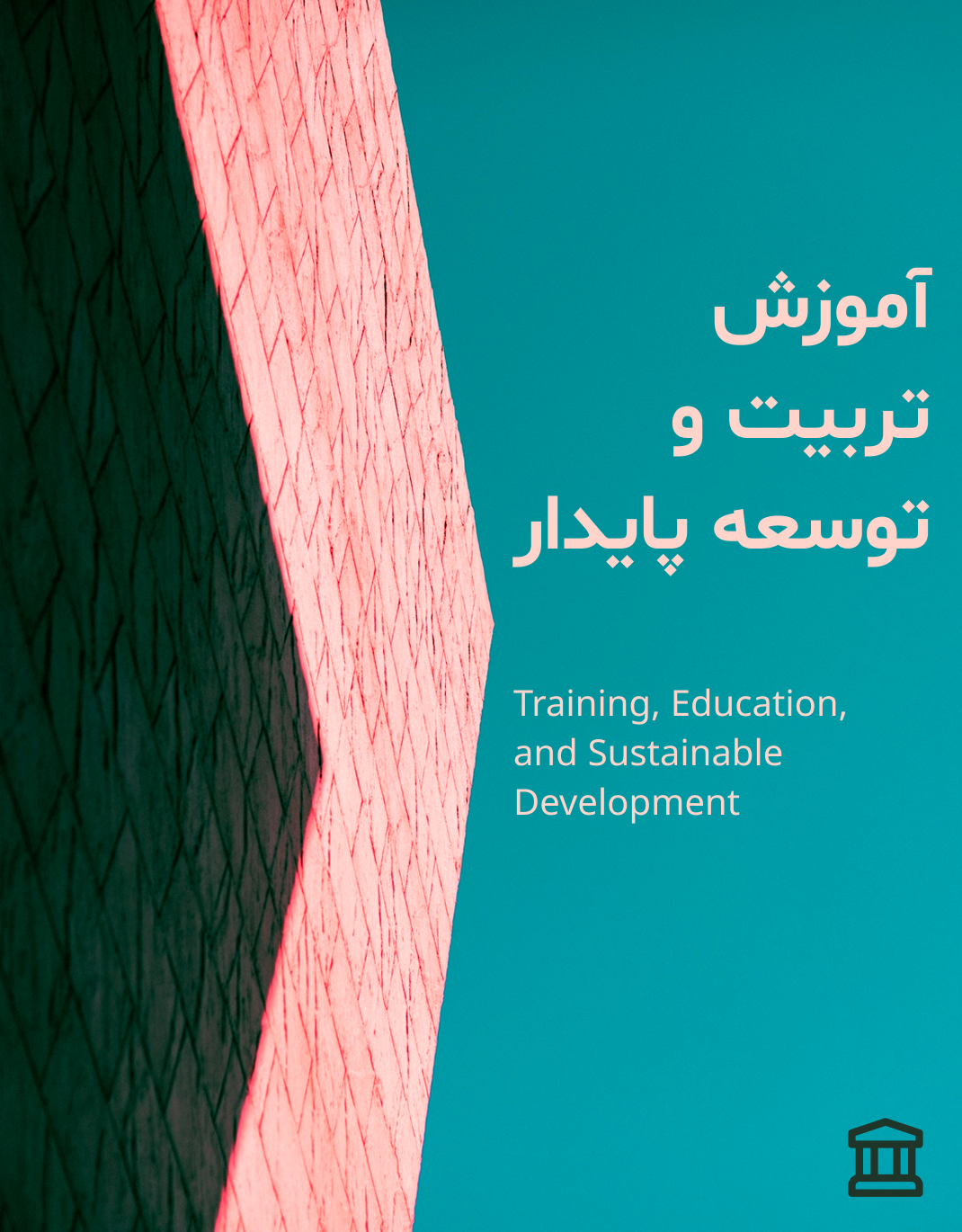Developing a Model for Enhancing the Research Competencies of Faculty Members at Iraqi Universities
Keywords:
Research competencies, faculty members, professional development, data-driven theory, structural equation modelingAbstract
This study aimed to design and propose a localized model for developing the research competencies of faculty members at Iraqi universities. A mixed-method sequential exploratory design was employed. In the qualitative phase, grounded theory (Strauss & Corbin) and semi-structured interviews with 18 academic experts and administrators were used. Through coding and categorization, a paradigmatic model was constructed comprising six dimensions: causal conditions, core phenomenon, contextual conditions, intervening conditions, strategies, and consequences. In the quantitative phase, data were collected from 333 faculty members and analyzed using Structural Equation Modeling (SEM) to validate model fit. Path analysis revealed that causal factors—including professional requirements and motivational elements—had a significant positive effect (β = 0.57) on developing research competencies, as did contextual conditions (academic–educational and cultural–social environments) with β = 0.42. Intervening conditions (organizational and individual barriers) showed a negative effect (β = –0.38). Research competencies positively influenced development strategies (β = 0.63), which in turn affected outcomes (β = 0.71). Model fit indices indicated good fit (χ²/df = 2.57, RMSEA = 0.069, CFI = 0.93). The findings highlight that developing faculty research competencies requires an integrated approach addressing individual, contextual, and institutional factors simultaneously. The proposed model offers a practical and context-sensitive framework for policymaking, academic development, and enhancement of research capacity in Iraq’s higher education system.
Downloads
References
Abdulhussein, H. M. (2019). Motives for the migration of Iraqi scientific competencies and their implications for Iraqi society. Opción: Revista de Ciencias Humanas y Sociales(20), 782-805. https://produccioncientificaluz.org/index.php/opcion/article/view/31542
Al-Azawei, A., Parslow, P., & Lundqvist, K. (2016). Barriers and opportunities of e-learning implementation in Iraq: A case of public universities. The International Review of Research in Open and Distributed Learning, 17(5). https://doi.org/10.19173/irrodl.v17i5.2501
Al-Mashhadani, D. T. I., Makarova, E. A., & Makarova, E. L. (2024). Problems and Prospects of Higher Education Management in Iraq. Инновационная наука: Психология, Педагогика, Дефектология, 7(5), 75-82. https://doi.org/10.23947/2658-7165-2024-7-5-75-82
Angeloska-Galevska, N. (2023). Developing research and academic competencies of students through three cycles of studies. The Eurasia Proceedings of Educational and Social Sciences, 33, 63-69. https://doi.org/10.55549/epess.1413312
Beaulieu, M., Rebolledo, C., & Lissillour, R. (2024). Collaborative research competencies in supply chain management: the role of boundary spanning and reflexivity. The International Journal of Logistics Management, 35(2), 305-331. https://doi.org/10.1108/IJLM-07-2022-0277
Böttcher-Oschmann, F., Groß Ophoff, J., & Thiel, F. (2021). Preparing teacher training students for evidence-based practice promoting students' research competencies in research-learning projects. In Frontiers in Education (pp. 642107). https://doi.org/10.3389/feduc.2021.642107
Cantwell, B., & Mathies, C. F. (2012). Expanding research capacity at United States universities: A study of academic research and development investment from 1990-2005. Higher Education Quarterly, 66(3), 308-330. https://doi.org/10.1111/j.1468-2273.2012.00522.x
Castillo-Martínez, I. M., & Ramírez-Montoya, M. S. (2021). Research competencies to develop academic reading and writing: A systematic literature review. In Frontiers in Education (pp. 576961). https://doi.org/10.3389/feduc.2020.576961
Charumbira, M. Y., Berner, K., & Louw, Q. A. (2021). Research competencies for undergraduate rehabilitation students: A scoping review. African Journal of Health Professions Education, 13(1), 52-58. https://doi.org/10.7196/AJHPE.2021.v13i1.1229
Doğan, M., & Arslan, H. (2024). Is the Productivity of Faculty Members Sustainable? The Perspective of Faculty Members. Trends in Higher Education, 3(2), 356-372. https://doi.org/10.3390/higheredu3020022
Elen, J., Lindblom‐Ylänne, S., & Clement, M. (2007). Faculty development in research‐intensive universities: The role of academics' conceptions on the relationship between research and teaching. International Journal for Academic Development, 12(2), 123-139. https://doi.org/10.1080/13601440701604948
Grande, R. A. N., Berdida, D. J. E., Villagracia, H. N., Ablao, J. N., & Garcia, P. R. B. (2021). Assessment of nursing students' research competencies with competency‐based education. The Journal of Competency‐Based Education, 6(4), 211-221. https://doi.org/10.1002/cbe2.1260
Hejazi, E., Naraghi Sani, F., Naghsh, Z., & Shamoradi, Z. (2020). Research Related to the Competencies of Faculty Members in Iranian Universities (A Systematic Review of Models, Challenges, and Solutions). Rahyaft, 30(2), 63-81. https://rahyaft.nrisp.ac.ir/article_13806.html?lang=en
Javdani, M., Heidari, Z., & Anarinejad, A. (2020). Designing and Validating a Model of Professional Competencies for Faculty Members of Farhangian University. A New Approach in Educational Management, 11(44), 297-322.
Koshmaganbetova, G. K., Kurmangaliyeva, S. S., Kashkinbayeva, A. R., Kurmangaliyev, K. B., & Alekenova, N. U. (2020). Research competencies of medical university teachers: Evaluation, perception, and perspective. Open Access Macedonian Journal of Medical Sciences, 8(E), 181-187. https://doi.org/10.3889/oamjms.2020.3954
Mahmud, S. F. (2013). The higher education in Iraq challenges and recommendations. Journal of Advanced Social Research, 3(9), 255-264. https://doi.org/10.1080/21568235.2013.816469
Reguant, M., Martínez-Olmo, F., & Contreras-Higuera, W. (2018). Supervisors' perceptions of research competencies in the final-year project. Educational Research, 60(1), 113-129. https://doi.org/10.1080/00131881.2018.1423891
Salimi, G., Mohammadi, M., & Nassar, Z. (2017). An Analysis of Faculty Members' Experiences Regarding Competencies and Dynamics of Teaching and Research in the Process of Internationalization of Higher Education: A Qualitative Study. Teaching Research, 5(2), 109-133. https://trj.uok.ac.ir/article_50665.html
Shauli, S., Heiman, T., & Olenik‐Shemesh, D. (2023). Decision‐making modes regarding the inclusive dilemmas of students with educational challenges in mainstream classrooms. Journal of Research in Special Educational Needs, 23(3), 199-212. https://doi.org/10.1111/1471-3802.12591
Syahrial, S., Kurniawan, D. A., Asrial, A., Sabil, H., Maryani, S., & Rini, E. F. S. (2022). Professional Teachers: Study of ICT Capabilities and Research Competencies in Urban and Rural? Cypriot Journal of Educational Sciences, 17(7), 2247-2261. https://doi.org/10.18844/cjes.v17i7.7590
Winfield, T. P. (2022). Vulnerable research: Competencies for trauma and justice-informed ethnography. Journal of Contemporary Ethnography, 51(2), 135-170. https://doi.org/10.1177/08912416211017254
Zarei, A., Javadipour, M., Abili, K., Salehi, K., & Hakimzadeh, R. (2022). Identifying the Dimensions and Obstacles to the Self-Development of Faculty Competencies for Supervising Student Theses and Dissertations: A Documentary Study. Jundishapur Education Development Journal, 13(2), 383-405. https://edj.ajums.ac.ir/article_157931_en.html
Downloads
Published
Submitted
Revised
Accepted
Issue
Section
License
Copyright (c) 1404 لوی جبیر حسین الجبوری (نویسنده); نیما شهیدی; قصی شهاب احمد, جهانبخش رحمانی (نویسنده)

This work is licensed under a Creative Commons Attribution-NonCommercial 4.0 International License.


